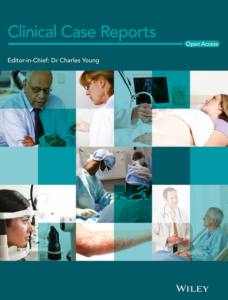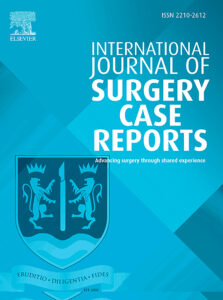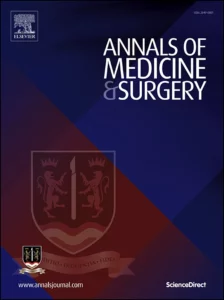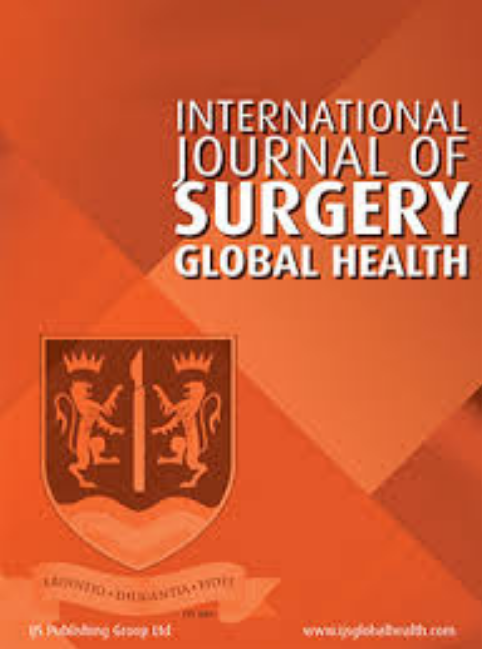Abstract: Vaccine hesitancy is considered one of the greatest threats to the ongoing coronavirus disease 2019 (COVID-19) vaccination programs. Lack of trust in vaccine benefits, along with concerns about side effects of the newly developed COVID-19 vaccine, might significantly contribute to COVID-19 vaccine hesitancy. The objective of this study was to determine the level of vaccine hesitancy among communities in particular their belief in vaccination benefits and perceived risks of new vaccines. An online cross-sectional study was conducted in 10 countries in Asia, Africa, and South America from February to May 2021. Seven items from the WHO SAGE Vaccine Hesitancy Scale were used to measure a construct of belief in vaccination benefit, and one item measured perceived riskiness of new vaccines. A logistic regression was used to determine which sociodemographic factors were associated with both vaccine hesitancy constructs. A total of 1,832 respondents were included in the final analysis of which 36.2% (range 5.6–52.2%) and 77.6% (range 38.3 91.2%) of them were classified as vaccine hesitant in terms of beliefs in vaccination benefits and concerns about new vaccines, respectively. Respondents from Pakistan had the highest vaccine hesitancy while those from Chile had the lowest. Being females, Muslim, having a non-healthcare related job and not receiving a flu vaccination during the past 12 months were associated with poor beliefs of vaccination benefits. Those who were living in rural areas, Muslim, and those who did not received a flu vaccination during the past 12 months had relatively higher beliefs that new vaccines are riskier. High prevalence of vaccine hesitancy in some countries during the COVID-19 pandemic might hamper COVID-19 vaccination programs worldwide. Programs should be developed to promote vaccination in those sociodemographic groups with relatively high vaccine hesitancy.
https://doi.org/10.1080/20477724.2021.2011580











